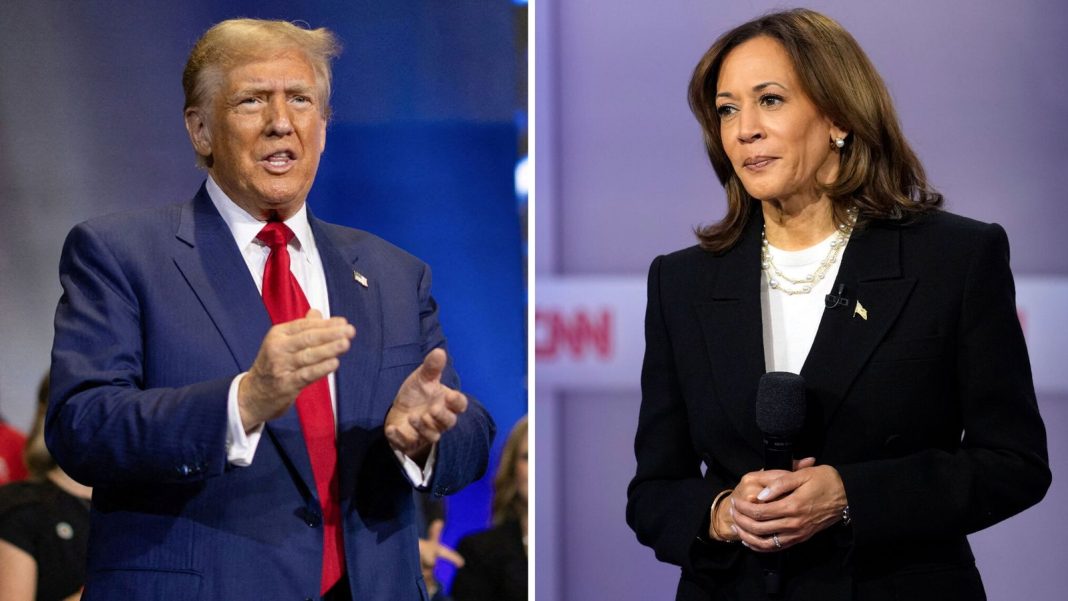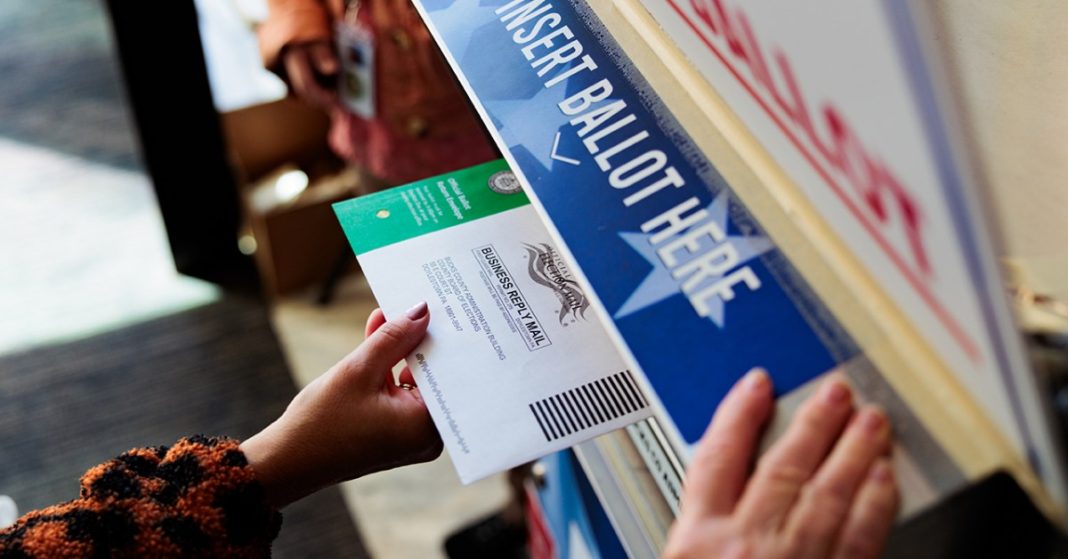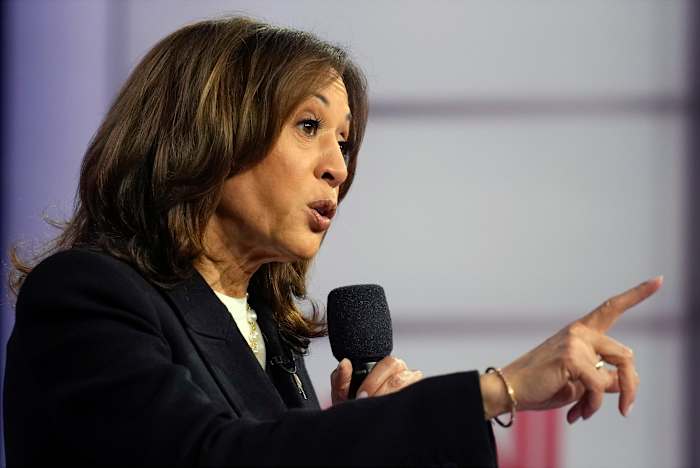Trump’s Rhetoric Hits New Heights: Will It Matter to Voters?
In a campaign season that has seen its fair share of fiery speeches and bold claims, Donald Trump has taken his rhetoric to unprecedented levels. During a recent interview on Fox News, the former president labeled his political adversaries as "enemies from within," suggesting that they pose a greater threat than foreign powers like China and Russia. As Trump ramps up his campaign efforts, many are left wondering: will this extreme rhetoric resonate with voters, or is it just more of the same?
In his October 13 interview, Trump didn’t hold back. When asked about bureaucrats who might undermine his potential second term, he declared, “We have two enemies: we have the outside enemy, and then we have the enemy from within.” This stark division between external and internal threats is not new for Trump, but the intensity of his language has certainly escalated. He went on to describe the “enemy from within” as more dangerous than any foreign adversary, a statement that raises eyebrows and concerns alike.
One of the targets of Trump’s ire was Adam Schiff, a Democratic candidate for the Senate. Trump referred to Schiff as “Adam ‘Shifty’ Schiff, who’s a total sleazebag,” and labeled him as part of this internal enemy. Such personal attacks are characteristic of Trump’s style, but they also reflect a broader strategy of painting political opponents as threats to the nation’s fabric. This tactic has been effective in rallying his base, but it also risks alienating moderate voters who may be turned off by the vitriol.
When the conversation shifted to potential chaos on election day, Trump expressed his belief that the real danger would come from “the people from within.” He described them as “very bad people” and “sick people,” further amplifying the sense of urgency and danger he associates with his political opponents. The former president even suggested that if necessary, the National Guard or military could be deployed to handle the situation. Critics have interpreted these comments as a thinly veiled threat to use military force against political adversaries, a notion that many find deeply troubling.
This rhetoric has sparked fierce debate among political analysts and commentators. Some argue that Trump is laying the groundwork for an authoritarian agenda, using his own words as evidence. They contend that such extreme language could normalize the idea of using state power against political opponents, a concept that runs counter to democratic principles. However, others believe that while Trump’s rhetoric may be alarming, it may not significantly sway voters who have already made up their minds about him.
As the campaign heats up, it’s worth considering how this extreme rhetoric will play out at the ballot box. Trump’s supporters often respond enthusiastically to his combative style, viewing it as a sign of strength and determination. On the other hand, moderate and undecided voters may be put off by the divisive language and the implications of using military force against fellow citizens.
In the end, while Trump’s rhetoric may reach new heights, the question remains: will it make a difference to voters? As we approach election day, only time will tell if this strategy will pay off or if it will backfire, leaving Trump to navigate the complex landscape of American politics with a message that some may find too extreme to embrace.



